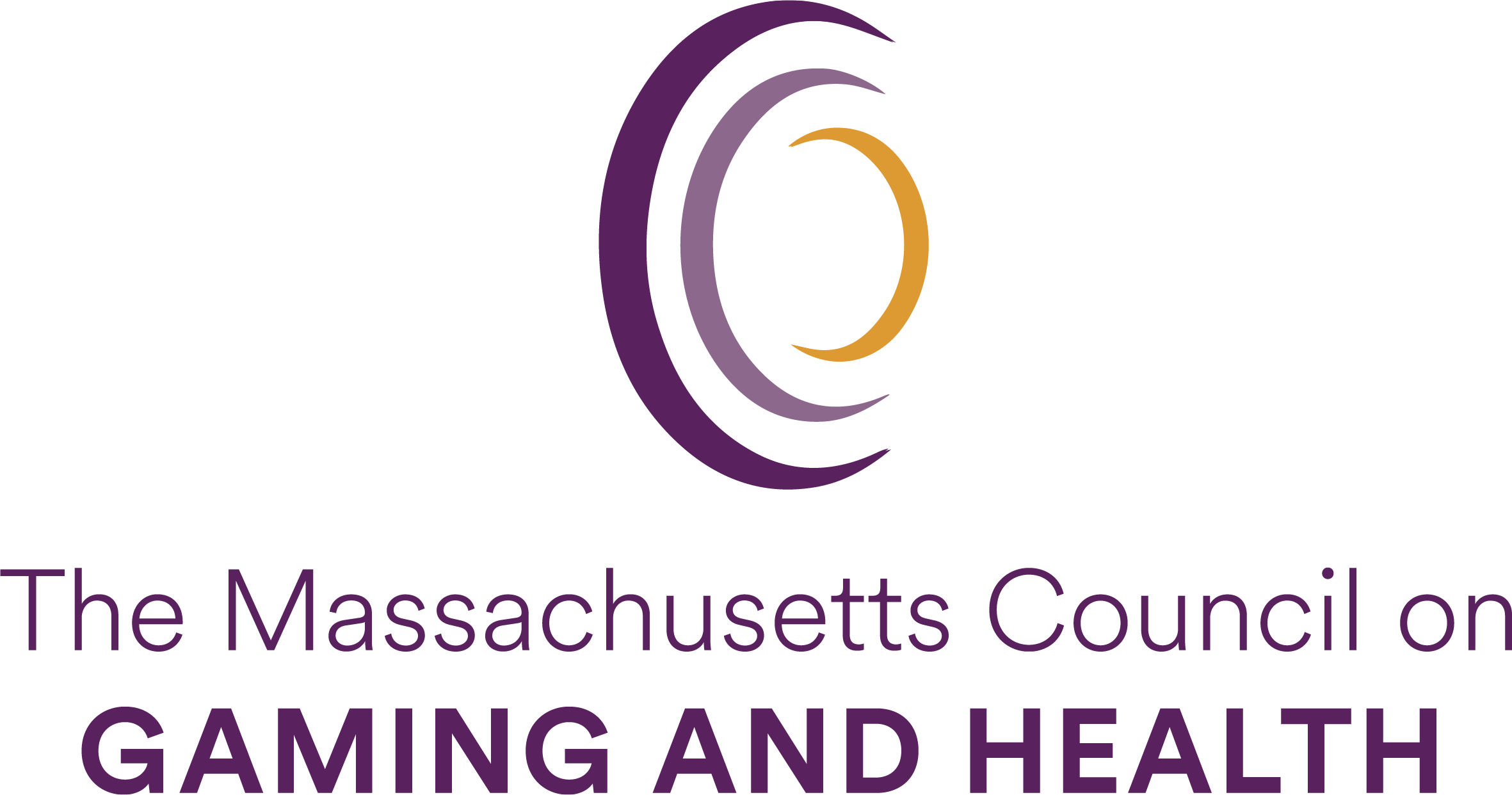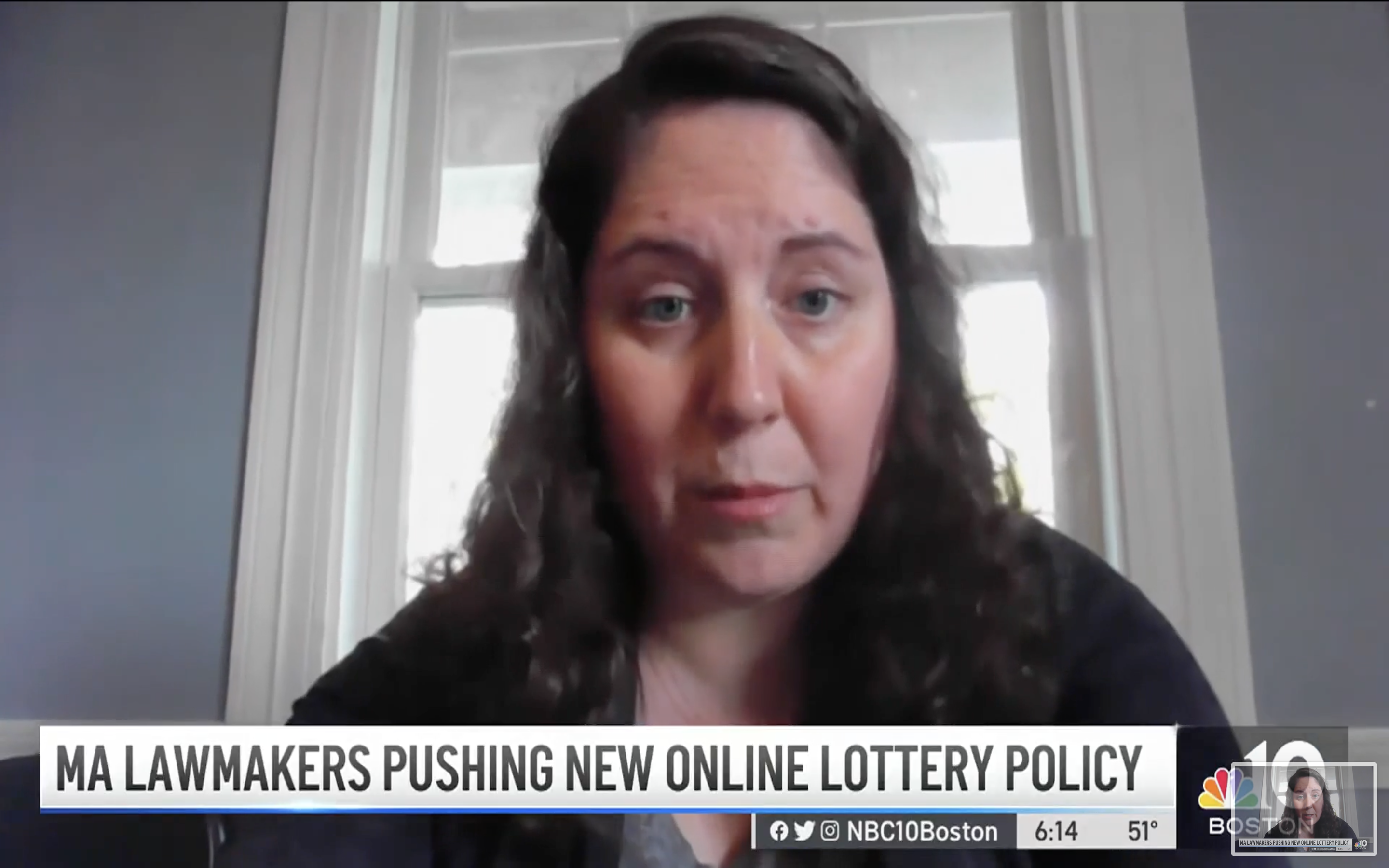Sports betting needs sound guardrails against problem gambling
By Marlene Warner
THE PATS’ FOOTBALL season isn’t the only thing that kicked off recently in Bay State sports. Gov. Baker signed sports betting into law in August, launching a series of regulatory discussions over the coming months. To date, 42 companies, from big sports books to local entities, have filed notices of intent for operating licenses. As statewide conversations around transparency and accountability in legalized sports betting firm up this fall, player health remains paramount — and organizations like the Massachusetts Council on Gaming and Health are well-positioned to support this new chapter.
Massachusetts is a long-time trailblazer at the intersection of public health and gambling, but the expansion of sports betting poses challenges for policymakers to address. The recently signed law does include many guardrails encouraging safe, healthy play. Individuals can’t use credit cards to fund their accounts. Advertising targeting minors or those who have self-excluded from state casinos is prohibited, as is betting on in-state, regular-season college games.
We don’t have a crystal ball to see what legalized sports betting will look like in Massachusetts in practice. However, looking at other states gives us critical insight into the impact on players and the necessity for additional protections. Gambling can be easy, alluring, and sometimes, deceptive.
Sports bettors are increasingly younger, greener players. Individuals are enticed with “risk-free” or “bonus bets” promotions to jumpstart their play. Bets can be made or changed with a few taps on a phone app. And psychologically, sports bettors perceive they have more control than those playing the lottery or casino games. They closely follow their favorite teams, and as such, think that they can better predict calls and performance. In reality, this approach overestimates the probability of winning.
In Massachusetts, we have an opportunity to leverage our gaming expertise to build these guardrails and support these new audiences. We can start by promoting that all sports betting and player health is at the center of all regulatory and policy action done by the Mass. Gaming Commission. We can explore the expansion of GameSense, an award-winning educational program at the state casinos and on digital platforms. A sports betting version of GameSense could help educate players on terms like vig and parlay, unpack myths around “free bets,” and serve as a resource to players of all experience levels who want to personally connect with GameSense advisors. We must also encourage regulators to close any credit card loopholes, which can spur players to spend more. Lastly, we can continue to uphold our state data-driven public health model by funding research on sports betting. Understanding the cognitive and societal impacts of sports betting advertising on minors and those at risk for gambling is imperative for us to improve upon our work.
Legalized Bay State sports betting has been a long time coming — and many fans are eager to get in on the action as soon as they can. That said, this tremendous consensus and excitement should also be measured with the state’s, thoughtful, data-driven, public health reputation. We have a unique opportunity to develop and model best practices so fans have a fun, healthy experience while meeting important regulations.
The expansion in other states has only underscored the importance of consumer education and protections. Individuals can get easily sucked into thousands of dollars in debt, ruining relationships, professional prospects, and more. As sports betting rises in acceptance and popularity, so does the clear need for gambling literacy and player support. We stand strong that Massachusetts will get it right.
Any good season starts with a good strategy, and Massachusetts is still in the sports betting “preseason,” prepping their game plan. But soon, Bay Staters will soon join the thousands of fans placing bets on football, hockey, baseball, soccer, and much more. It’s a revolutionary movement for the world of sports, and legalizing sports betting offers new avenues to reach, educate, and support players. Massachusetts regulators, public health officials, and advocates must work collaboratively to build a strong safety net to bolster consumer protections for the state’s newest sports bettors.
Marlene Warner is executive director of the Massachusetts Council on Gaming and Health (MACGH). MACGH is neither for nor against legalized gambling.




